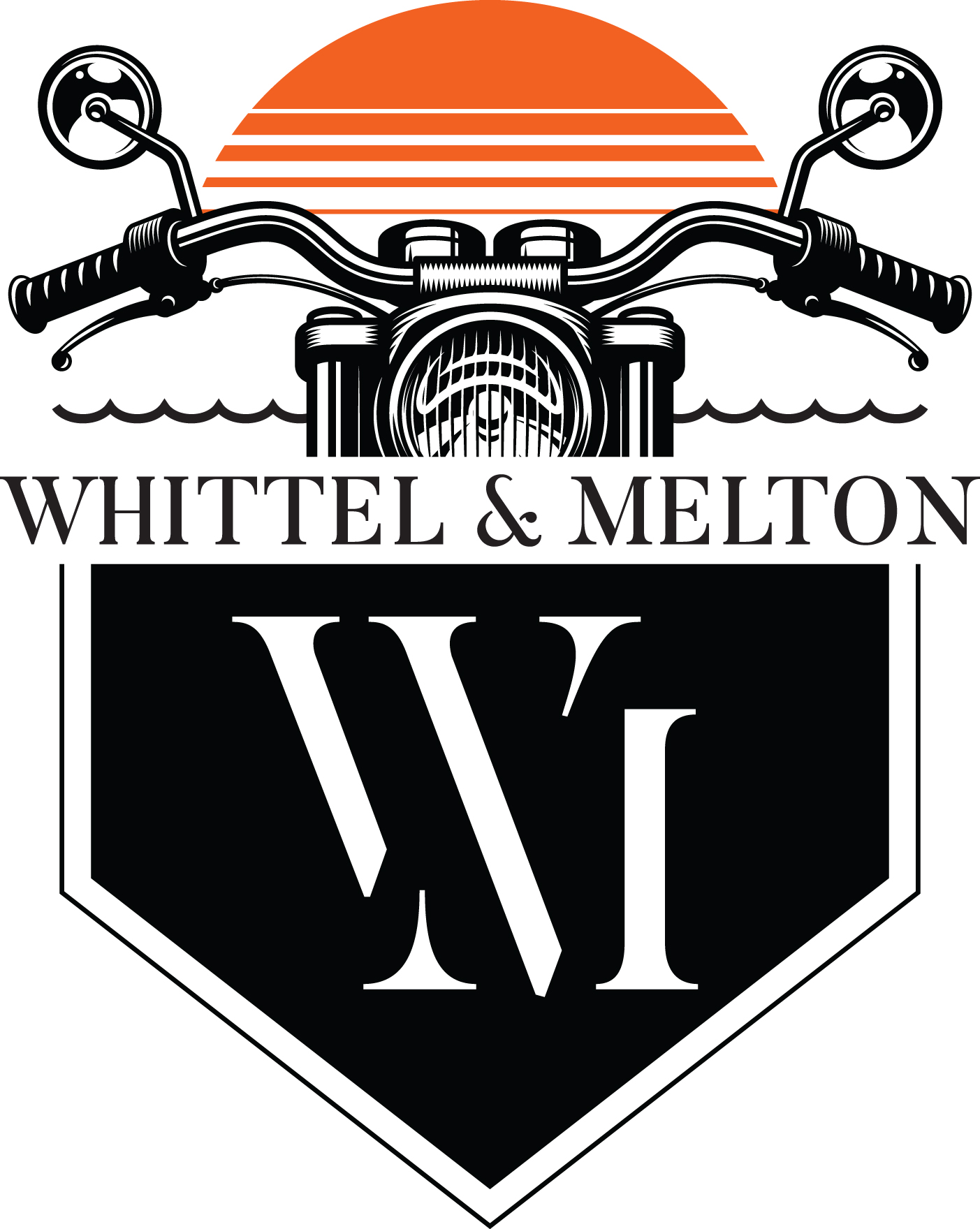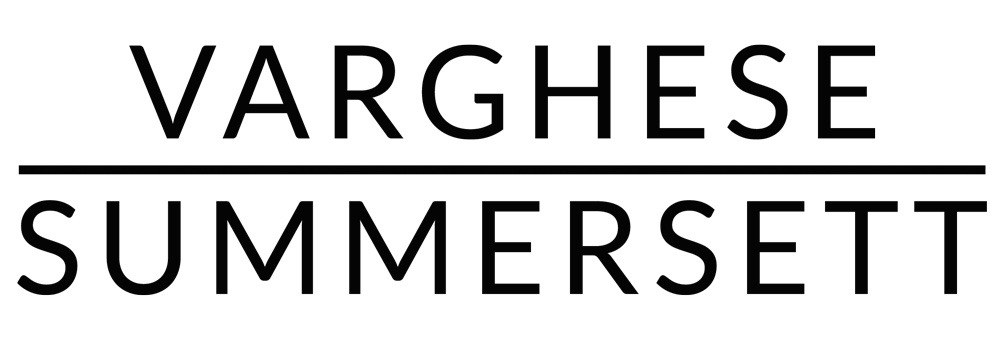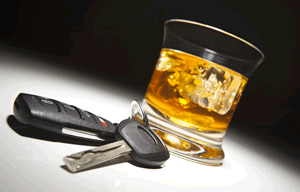Drug Treatment
What does Drug Treatment mean?
Drug treatment includes a wide variety of programs to help addicted drug users stop drug seeking behaviors and drug use. Unfortunately, due to the difficulty of ending drug addiction, drug treatment generally must include a variety of programs to combat relapses.
For example, drug treatment can include behavioral therapy (such as cognitive-behavioral therapy or contingency management), medications, or a combination of all of the above. The type of drug treatment needed to combat drug addiction will vary based on the drugs used and the individual’s particular needs.
Drug treatment and behavioral therapies
Although experts agree medication is a critical part of drug treatment, behavioral therapy is also very important. Not only can behavioral therapy motivate individuals to participate in drug treatment programs, it can also teach them strategies to avoid relapse, to cope with their drug cravings, and help them improve their relationships with their families.
The general consensus of those who work with drug abusers is that a combination of a therapy and medication can be more effective than using one treatment method alone.
Drug use and Crime
The connection between crime and drug use is well documented. In fact, prisons are full of offenders who have sold or possessed drugs, stolen money to acquire drugs, committed abusive and violent actions while high on drugs, and destroyed property or killed someone while driving under the influence of drugs or alcohol.
While punishing crime is important, many criminal experts understand that drug treatment is generally better and more effective at breaking the drug use/criminal activity cycle. Untreated substance using offenders are more likely to relapse into drug use and criminal behavior than those who get the help they need to end addiction.
To this end, drug treatment is one of the best ways to reduce the costs associated with lost productivity, crime, and incarceration.
Who has to get drug treatment?
Drug treatment programs may be required for a variety of criminal offenders. For example, prisoners released on parole or offenders who are given probation may be required to attend some type of drug or alcohol educational program. DUI offenders may also have drug treatment requirements if they are convicted for DUI.
Additionally, certain criminal offenders may be sent to Drug Court instead of traditional justice system case processing. Offenders who are required to participate in drug or alcohol programs generally must perform the following requirements:
-They must participate in intensive treatment programs to ensure they stay clean and sober.
-They must submit to random drug and alcohol tests.
-They must appear in court to allow a judge to monitor their progress.
Offenders who fail to follow the requirements for drug treatment may find their parole or probation revoked.
Related Pages
Lawyers near
Term of the Day
Drivers License Compact
The Driver’s License Compact is an agreement or interstate compact between forty-five states to exchange information about specific traffic violations.
Category: DUI and DWI







